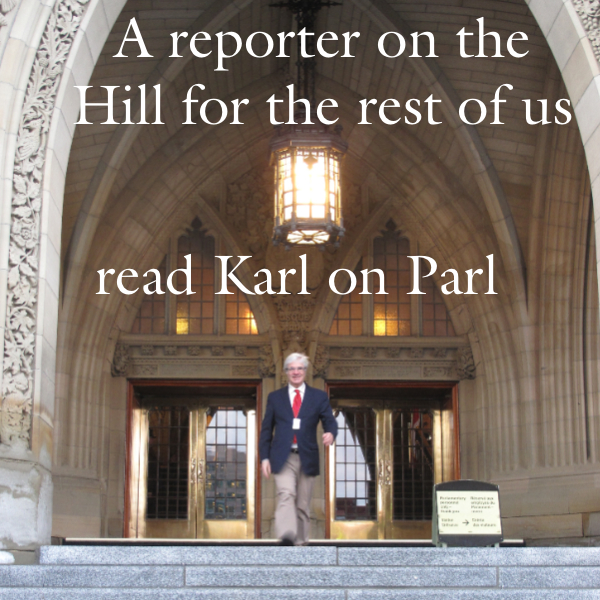What do Ontario NDP Leader and federal Liberal Leader Justin Trudeau have in common?
Both are leaders of third parties, yes.
More important, however, both recently decided not to aim most of their political fire at the Party across the aisle that advocates policies radically different from theirs.
Instead, they decided to take shots at their political cousins and sometime allies.
In Ontario, a lot of organized labour people (including Unifor President Jerry Dias) and many other progressives found a good deal to like in Liberal Premier Kathleen Wynne’s ill-fated 2014 budget.
Those progressives liked Wynne’s proposed Ontario pension plan, the increase in the minimum wage together with added taxes on high incomes and a series of spending plans that include — to cite just one small example — cleaning up the Ottawa River.
Andrea Horwath wouldn’t say what she did not like about this budget. She did not even bother to turn up in the Ontario Legislature when it was presented.
She and her Party simply pledged to vote against the budget (and thus precipitate an entirely redundant election) because, as the NDP leader put it, they do not “trust” the Liberals.
The voters can now decide whether or not to reward Horwath’s gesture of partisan political opportunism. So far it does not look too good for the NDP, but Horwath is correct when she says the campaign is still young.
The Ontario NDP Leader does not look worried out on the campaign trail, so maybe she knows something Dias and many others who normally support the NDP do not.
At the federal level, Trudeau’s Liberal’s have voted together with the Official Opposition NDP against just about everything the Harper government has proposed.
In Parliament, the NDP and Liberals almost always work together, as a tag team.
This is especially true on committees. The lone Liberal committee members (the third party only gets one) normally use their limited opportunity to question witnesses to probe and push on issues that the more numerous Official Opposition members have put on the table.
In the House, Trudeau has vocally called on the Prime Minister to fully answer for his office’s and his government’s actions. The Liberal Leader has repeatedly invited the Prime Minister to “testify under oath” on the Mike Duffy and other Senate scandals.
The Prime Minister prefers to limit himself to that theatrical set-piece known as Question Period.
In Question Period, Ministers and other government spokespeople have to formally answer questions; but they don’t actually have to do so substantively.
The Prime Minister and his colleagues very frequently entirely ignore the substance of questions put to them. Instead they repeat canned talking points and attack lines, ad nauseam.
Opposition members do not have the right to interrupt while a government MP is answering; and it is not the Speaker’s role to judge whether or not an answer is adequate. His role is only to uphold and enforce the rules of parliamentary procedure.
Committees are another matter altogether.
MPs on committees get to literally grill witnesses. The even have the right to interrupt them and insist on yes or no answers. That is why Trudeau wanted to get the Prime Minister in front of a committee.
That never happened, of course, and almost surely never will.
Instead, when a Conservative parliamentary ruse obliged the Leader of the Opposition, NDP Leader Tom Mulcair, to appear as a witness before the Commons Procedure and House Affairs Committee — the very Committee that just days earlier had been dealing with the legislative monstrosity known as the Fair Elections Act — Trudeau and his Liberal colleagues decided to join in the fun.
The Liberals weren’t getting anywhere in holding the Conservatives to account; and so, it seems, they decided to pick on their political cousins and sometime allies, instead.
Like Horwath, it appears Trudeau decided that partisan political advantage trumps principle.
And — as for the substance of the accusations against the Official Opposition?
Well, this writer has looked at that carefully and cannot find much, if anything, there.
More about that, in this space, very soon.



